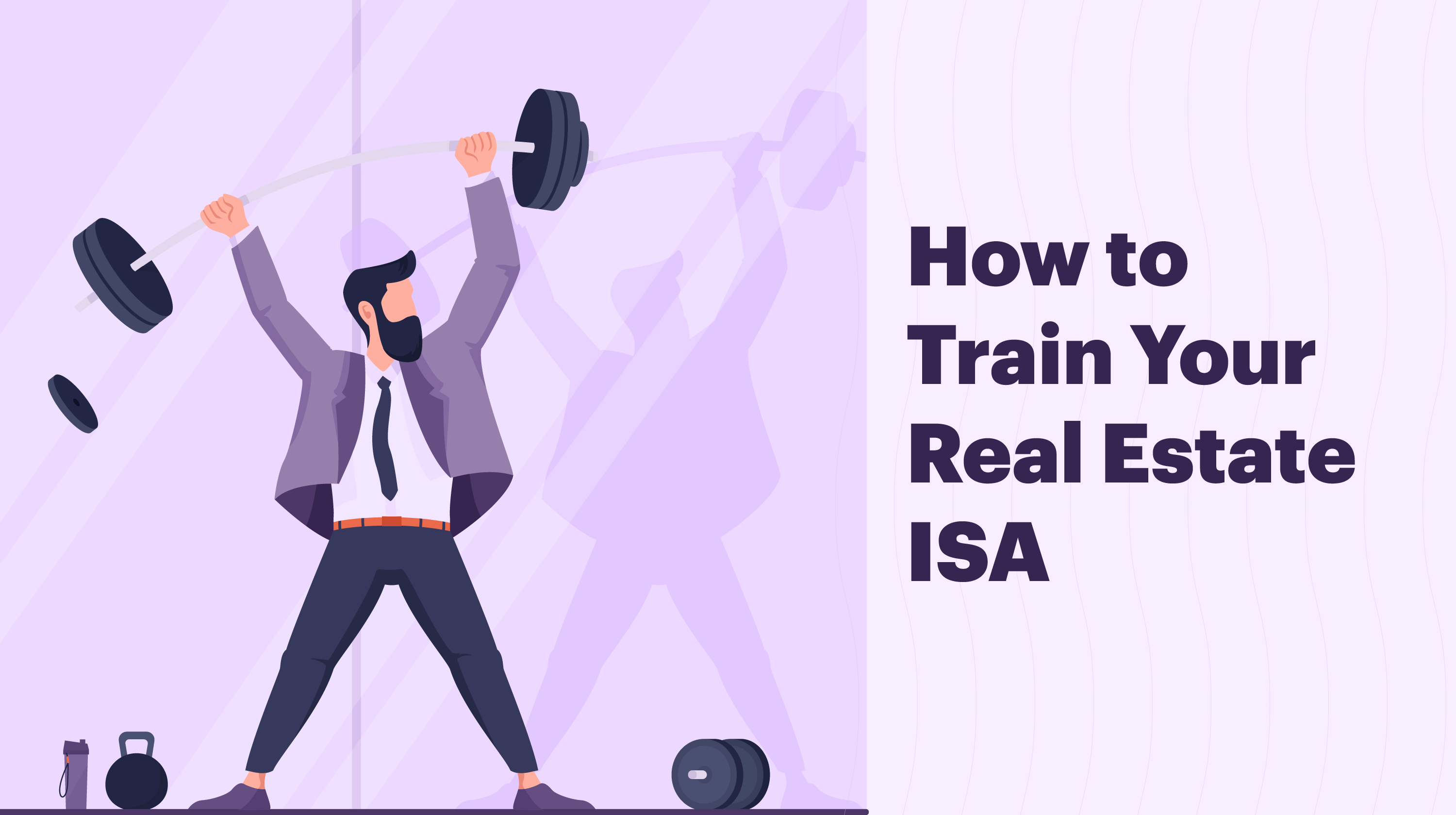
The secret behind successful real estate ISA is effective training. Read this post on how should you go about training your real estate ISAs.
Hiring a real estate ISA could become a game changer for your real estate business. ISAs are the first line of human contact who interact with your leads, making them the face of your business.
If your real estate company is in the growth phase, you might need to hire an ISA soon. Hiring an ISA is easy but getting the desired results out of your hire is challenging. This is where an effective training module can make a difference.
In this post, we will give you a detailed account of training your ISAs. What are the best practices that your ISAs should adhere to and how you should evaluate their performance over time.
The ISA training timeline can stretch up to 70-90 days, featuring a host of activities from role playing, training for the toolset, and much more. So without further ado, let’s dive deeper into it.
The ISA Job Description - Setting Expectations
What do you expect your ISA to achieve on a daily basis? How many leads do you expect them to follow up with? These are some of the pivotal questions in order to set the record straight between you and your ISA. This is why the first thing you should do is to create the job description for your ISA. They should understand what is expected of them from day one.
The prime responsibility of an ISA is composed of 3 different aspects. These are lead qualification, follow up, and prospecting.
We have covered the ISA job description in detail in one of our previous blogs so we won’t go into the details in this post. However, to start with they should be given some target numbers of actions for the 3 aspects we mentioned above. These include but are not limited to:
- Qualification attempts made per lead
- Average speed to lead for all leads attempted in a month
- The number of transaction ready leads delivered in a month
- Number of appointments scheduled
If you see carefully these are nothing but the performance metrics of your ISA. We will discuss these metrics in detail in the last section of this post.
Giving your ISA target numbers will keep them focussed for the entire month.
Now that you made the job description and set the expectations for your ISA, it is time to get started with the onboarding process.
Onboarding is the first step to train your ISA. The onboarding schedule may stretch to 70-90 days depending on the experience of your hire. The onboarding process can be segmented into 3 stages as described below.
Training Your ISA With the Tools and Scripts
The digital age demands competency in technology application and real estate is no different. It is necessary that your ISAs are well versed in a number of tools to do their jobs efficiently. One of the important tools that your ISAs must be trained with is your real estate CRM.
The CRM. Your ISA should be trained with the CRM functionalities that help them understand your philosophy about lead qualification, follow up, and conversion. Give them a detailed account of the lead pipeline stages. Explain what each stage represents with respect to the qualification of a lead.
It is also best to give them holistic knowledge of the sales funnel and map it to your own lead conversion pipeline. This helps them develop the right perspective for lead conversion.
Once they are seasoned with the basic idea of lead conversion, you may introduce them to the CRM dialers and complex workflows that are created using tags, smart lists, and groups.
It is necessary that your ISAs understand the purpose behind these features. It is always best to describe the application of these advanced features with some relevant use cases.
Apart from the CRM, working knowledge of your lead conversion tool, ads, MLSs is also necessary for them to understand the process in detail.
The Scripts. Every agent has their own proprietary scripts to qualify and follow up with different types of leads. You should provide these scripts to your ISA. Every time they make a call or send a text, they should refer to your proprietary script.
It is hard for ISAs to remember the scripts in the beginning but eventually, they would not need them anymore.
Mock Calls and Roleplaying
This part of training is behavioral where your ISAs learn by acting out real life scenarios. This is when you, as an agent, can tap into your experience and fine tune their actions. This stage of the training should comprise mock sessions that mimic the real life scenarios of lead follow up, qualification, and prospecting.
Mock Calls. Ask your ISA to run a mock call with you being the lead answering the call on the other end. Point out the goods and bads. Suggest improvements. You can simulate calls based on multiple factors. These can be:
- Lead Type - Buyer and Seller
- Lead Acquisition Channel - Zillow, Website, MLS, Facebook, and Google
- Lead Budget - Less than $150k, $150k-$350k, $350k and above
Learning by Observing. Once your ISA has come full circle on the types of scripts follow up approach, you can reverse the roles and perform the mock calls yourself. Your ISA is now supposed to learn by hearing your conversation. This part of the training is mostly about getting the tonality part of the calls right.
Each training session must be followed by discrete feedback. Give feedback to your ISAs in terms of the lead type, tonality, time management, and lead management.
You can also create quizzes to get an idea of how much they have been able to absorb during the training session.
Measuring Your ISAs performance
It is necessary to measure your ISAs performance for two reasons. First, to validate the effectiveness of your training and second, is to compensate them accordingly. We have already mentioned the metrics in the first section of the post. Let’s look at them in detail.
We define a total of 4 types of performance metrics for real estate agents. These are metrics for speed to lead, contact attempts, qualification, and conversion. Although the first two are enough to measure your ISA’s performance, some of you may need the third one as well.
The respective metrics for Speed to Lead, Contact attempts, and lead qualification could be
Speed to Lead.

Contact Attempts.

Lead Qualification.

ISAs are integral to real estate business and training them in the right way ensures growth for your business. We hope you find this information valuable to train your ISAs and boost your conversion numbers.
 Aiva
Aiva





